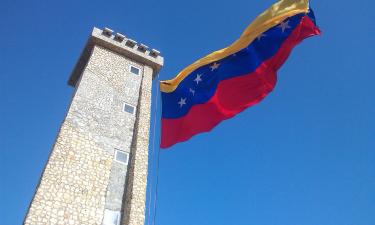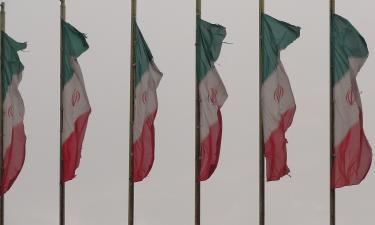Extremism definition broaded in Russia
Kremlin critics say that a legislation that strengthened police surveillance powers and broadened the definition of extremism will stifle freedom ahead of elections.
The bill is the second such measure to be pushed through parliament in the past year and comes with criticism growing of the Kremlin and its tightening grip on the country's political life.
The State Duma voted 311-90 to pass the bill, which the government maintains is aimed at curbing nationalist and radical groups amid a surge of racist and xenophobic attacks.
The measures broadens the definition of extremism by adding crimes driven by political, ideological or social hatred to the existing formula that includes racial, national and religious motives. It also allows law enforcement agencies to interpret relatively minor crimes such as hooliganism and public disturbance as extremist in some cases, and to tap phones of people suspected of extremism under the new definition.
The bill also prohibits media from referring to organizations that were banned as extremist without mentioning the ban, and introduces fines for printers and publishers for disseminating literature deemed extremist.
It also bars those suspected of extremism from running for government office.
The bill now goes to the upper house for approval before going to Putin, who is expected to sign it into law.
A bill signed into law last year by Putin says slandering a government official could be treated as extremism, although a court must first issuing a ruling on the statements in question and criminalizes the creation or distribution of taped, printed or other material deemed extremist - a measure critics say could affect any media reporting on extremism.
Subscribe to Pravda.Ru Telegram channel, Facebook, RSS!




